When Michael Schumacher scored his 91st and final grand prix victory, it was impossible to imagine anyone getting anywhere near his record. Yet just 14 years after he crossed the finish line in China on 1 October 2006, a man who would only make his Formula 1 debut a few months later has now officially surpassed the German on race wins, and surely soon on world titles as well – and there isn’t even a flicker of surprise about that.
For some time, it has seemed only a question of when, not if, Lewis Hamilton will statistically become the greatest of them all. The 35-year-old sure has come a long way since Martin Whitmarsh first met a strikingly confident karting prodigy. As McLaren boss Ron Dennis’s loyal and trusted lieutenant, Whitmarsh gained an insight into the vulnerabilities of a superstar in the making, then played a leading role in guiding the precocious talent through the pitfalls of his early F1 career.
Whitmarsh doesn’t pretend to know Hamilton like he used to, although it’s surely significant that he has been personally invited to join the six-time world champion’s new commission to investigate diversity in motorsport. Now on the other side of a successful F1 career that included a spell as McLaren team principal (until Dennis manoeuvred him out of the company that he loved so dearly in 2014), Whitmarsh simply watches Hamilton’s rise with pride. He’s a bystander, perhaps, but one more deeply and personally informed than most. Here he talks us through Hamilton’s career to date.
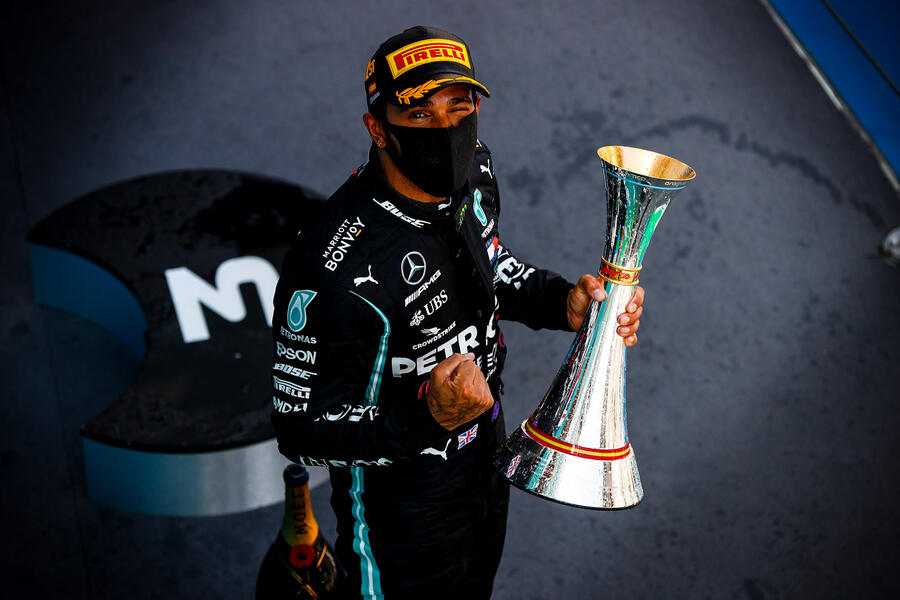
First impressions
“Lewis was very young when I first met him. He had this earnest and focused desire to win, an air of self-confidence. Whether it was instructed by his father or was a natural inclination, he had a desire to crush your hand when he shook it and look you in the eye. I didn’t have too much involvement in his karting, but I got involved during his transition from karts into cars. He was polite and determined and wanted to make an impression.”

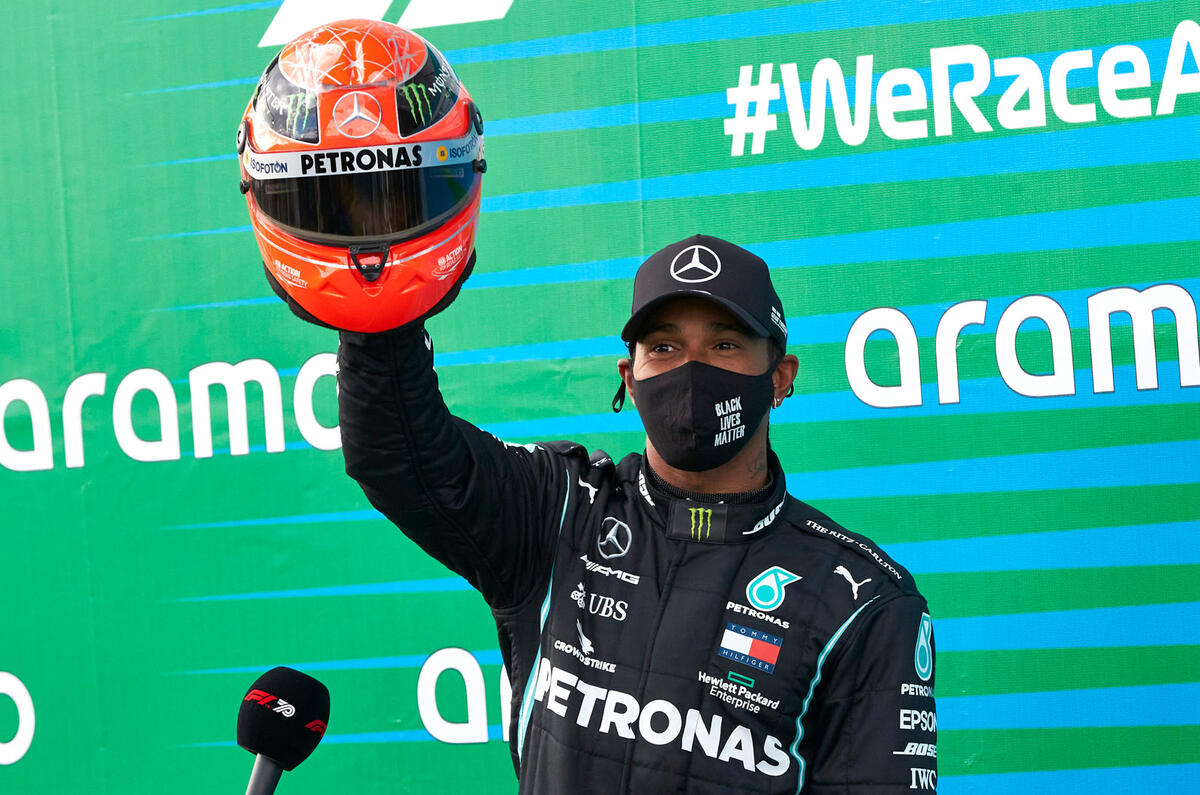


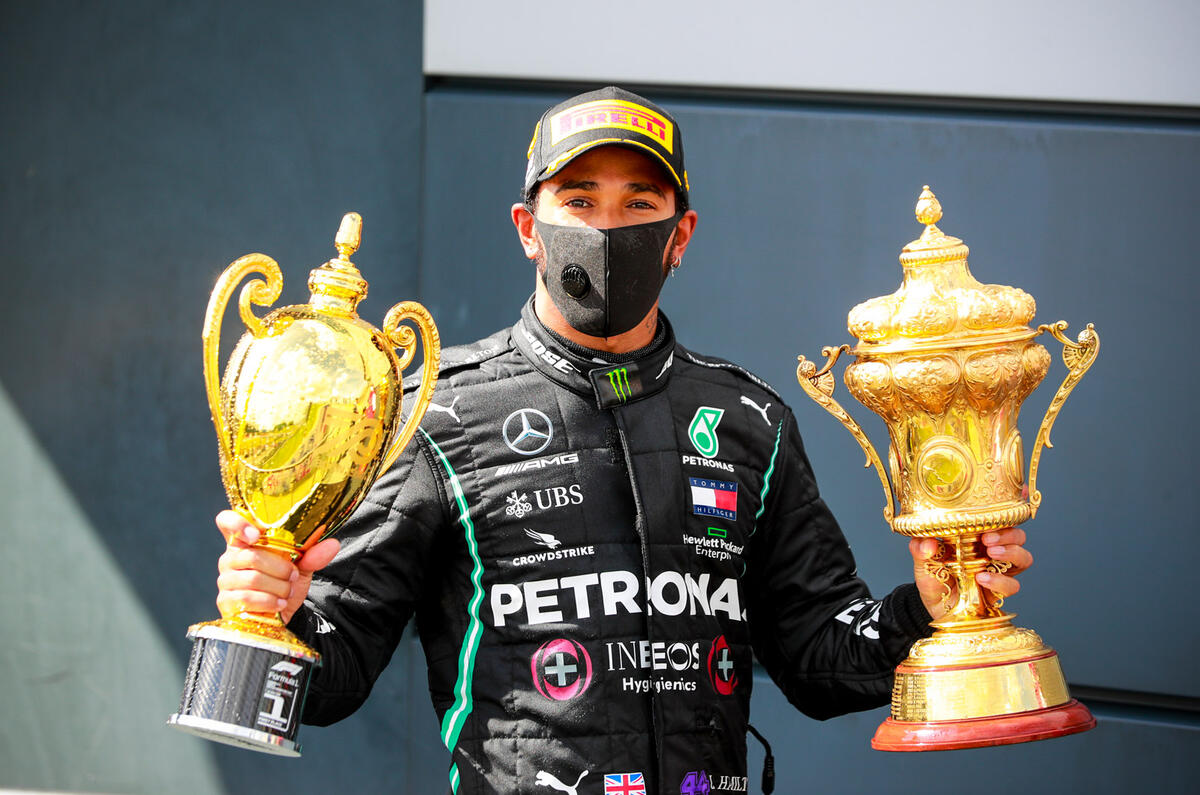





















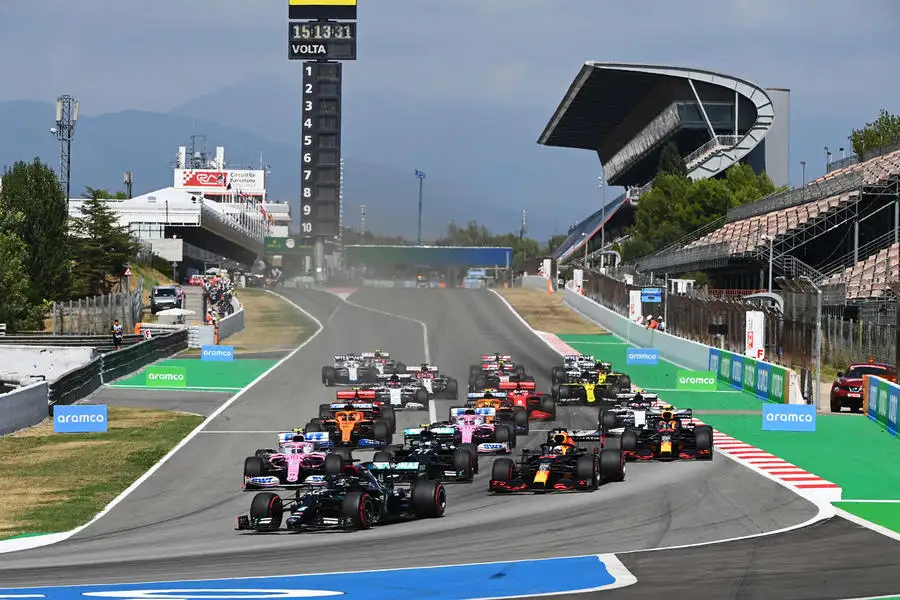
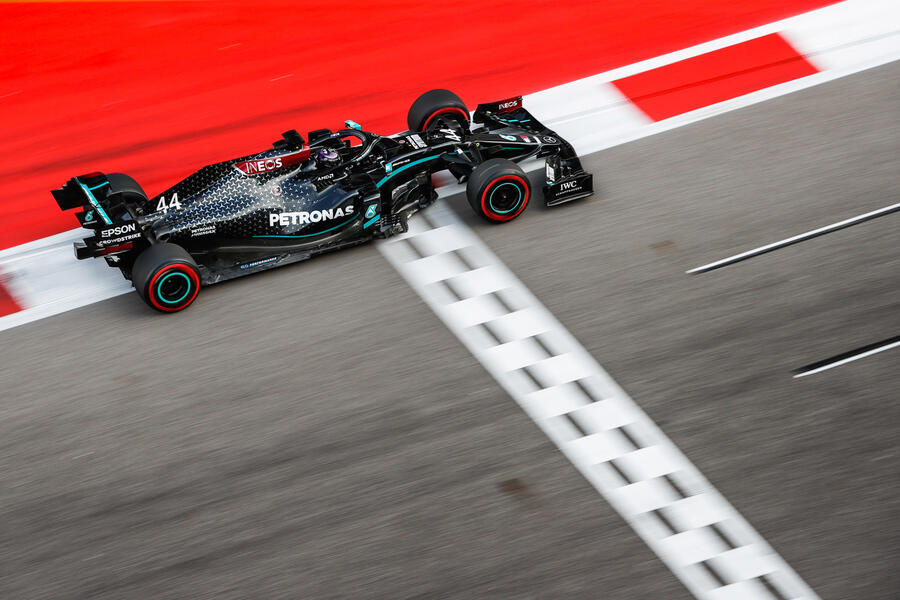
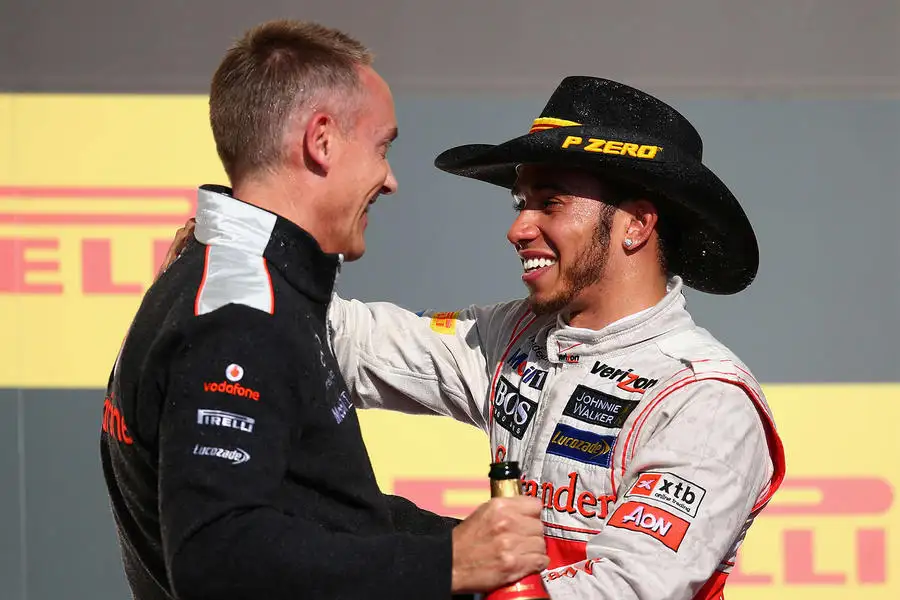
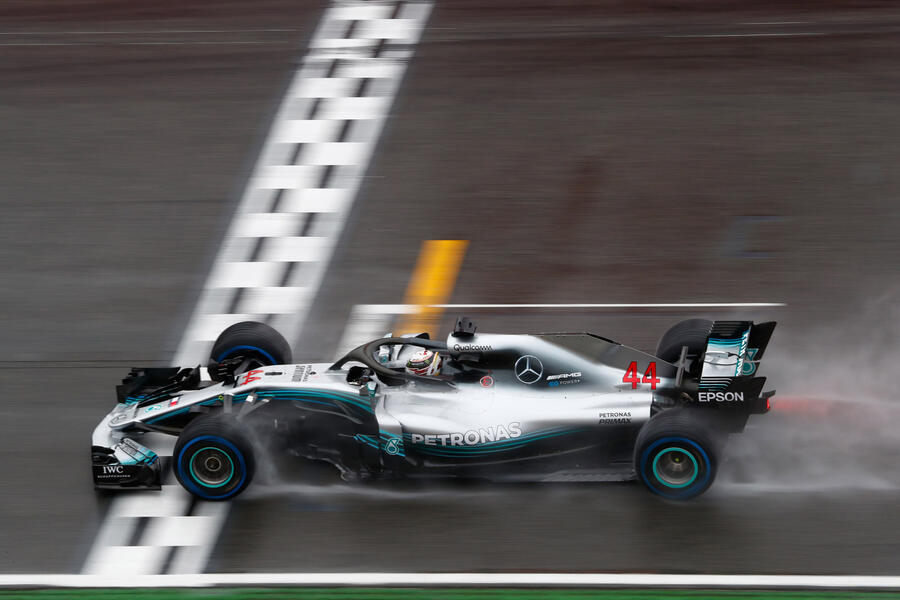
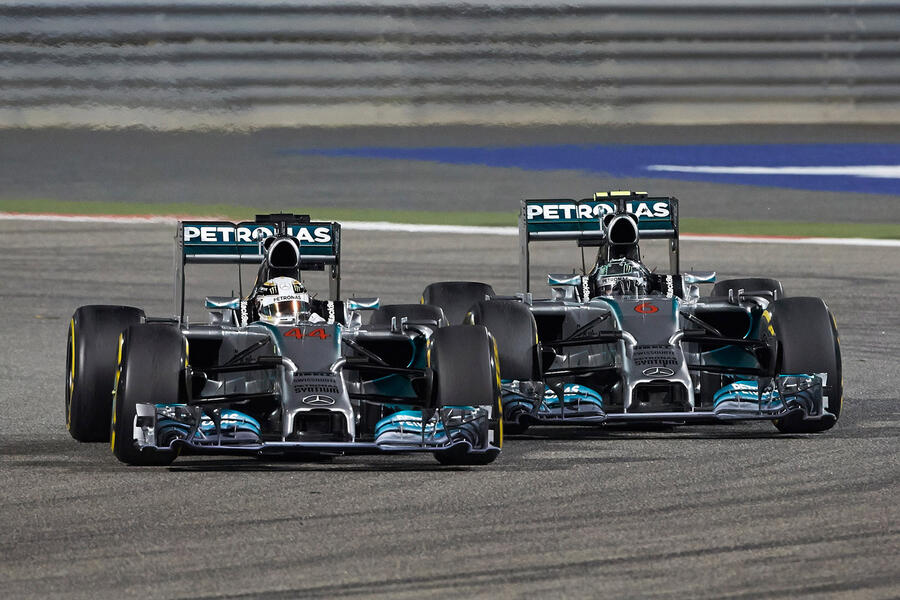
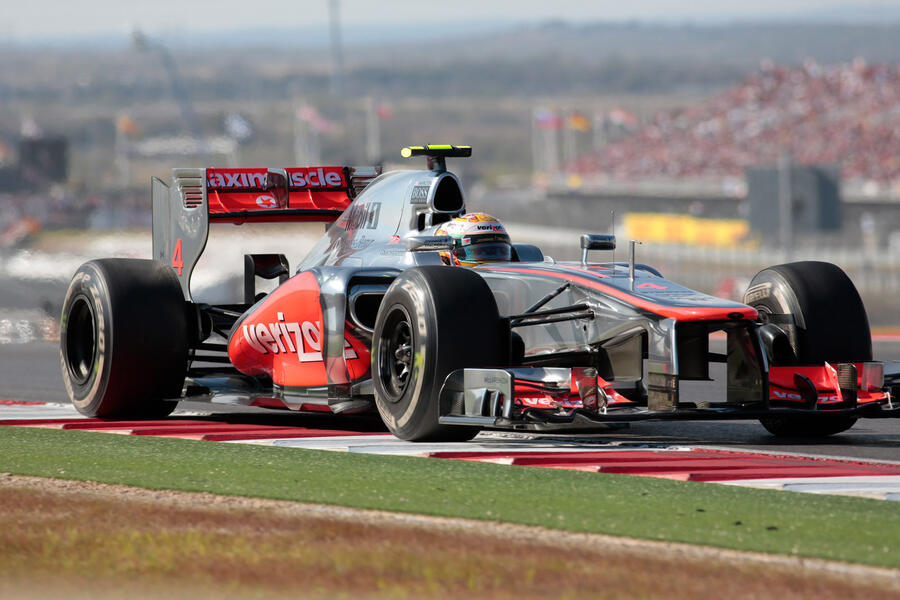
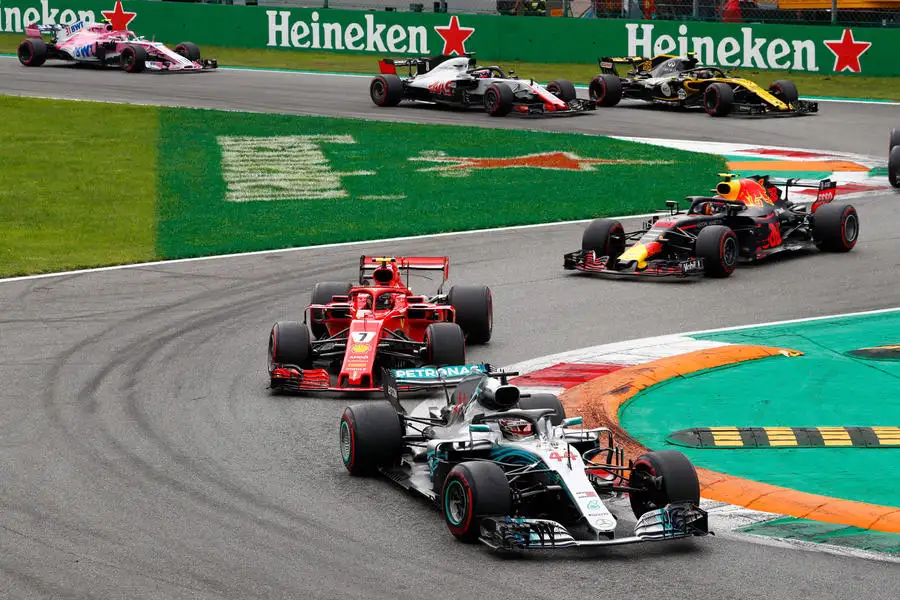



Join the debate
Add your comment
Systemically racist?
" How Lewis Hamilton became an F1 record-breaker " - More proof that "systemic racism" is complete bollox; it doesn't exist; and it was invented by the disgruntled lefties
Real_sluggo wrote:
Yeah because there is no systematic racism in the USA, after all Barack Obama was the president....
I don't think you understand what systematic racism is.
Watched it today.
F1 on an old style track, just great to see cars bouncing over kerbs, no boring long straights,and barely a second covering the field, trouble is, one second is a huge gulf in F1, and Mercedes look invincible, they always look like they've got a bit extra if needed, so Bottas got pole, can't see him converting it though.
How long?
Yes, how long is F1 going to exist if there's no real challenge to a team that's just one second quicker?, why, other than the rules and COVID , have the other teams not caught up?, when Prost and Senna with McLaren dominated a season it was switch offable then, well, it's going to happen for at least another season i think, and, Hamilton must be getting bored, he's in a car that the best out there, you could stick Verstappen in there next year and he'd be champion, you could even stick Kimi in as number two!, no, I agree, once we get to 2022 big changes need to happen, I can't see Hamilton wanting more titles once he passes Schumachers, he'll retire to his other projects.